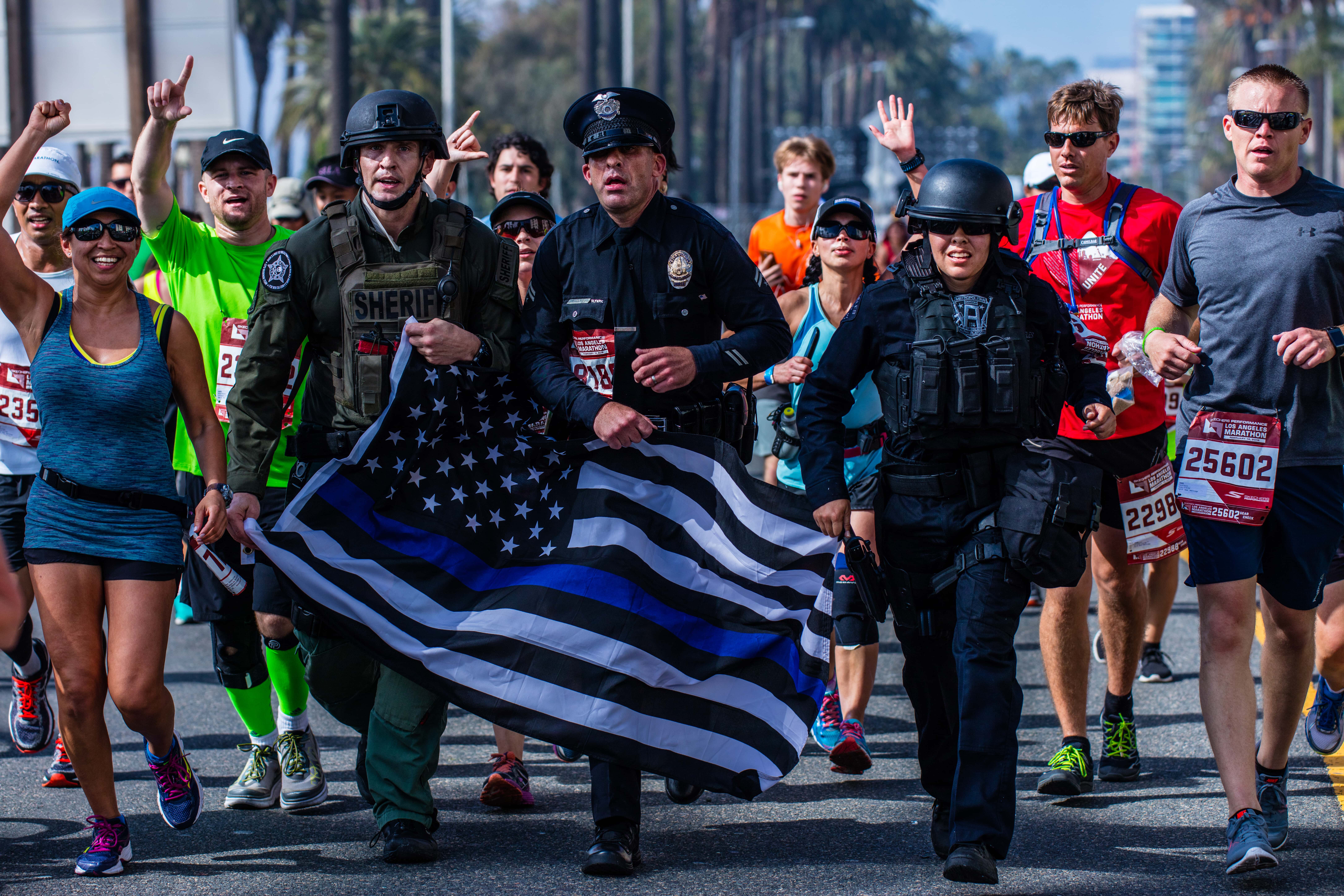Why do otherwise reasonable individuals – despite evidence to the contrary before them – become reflexively critical of police, jumping to the twisted conclusion that an officer’s life faces less danger from an unarmed suspect than when the officer is staring down the barrel of a gun? Why do these same people immediately assume all officer-involved shootings – while always tragic – are "bad" shootings? Those making snap judgments about officer-involved shootings often cherry-pick the facts and do a disservice to the communities police officers serve.
So it was in the case of Reggie Doucet Jr., an unarmed, yet violent six-foot, 190-pound bodybuilder and college defensive-back. Last week, after initially fleeing from police officers, Doucet engaged them in violent, hand-to-hand combat, attempting to disarm at least one of two officers in what the officers described as a "fight for their lives." When he grabbed for the officer's gun after fighting with them, Doucet predetermined the tragic outcome of events.
In November 2010, Riverside police officer Ryan Bonaminio was reportedly killed with his own weapon. And only a few weeks ago, Rainier, Oregon Chief of Police Ralph Painter struggled with an “unarmed” suspect who used Painter’s own gun to kill him. According to the U.S. Department of Justice, from 1999-2008, no fewer than 44 police officers were killed with their own weapons; and another two in 2009. 2010 numbers are not yet in.
The “armed” vs. “unarmed” argument is the worst kind of willful blindness. The assumption that a gun or a knife are the only ways to threaten a life is false, irresponsible and has to stop.
What do you think of the ‘armed vs. unarmed’ argument?











